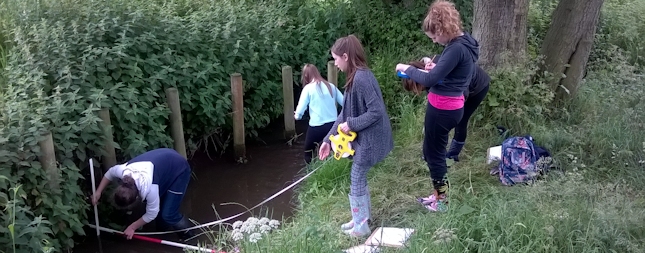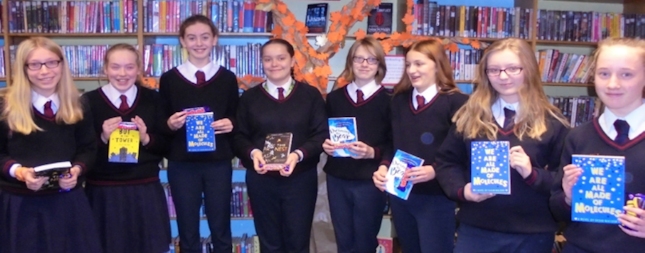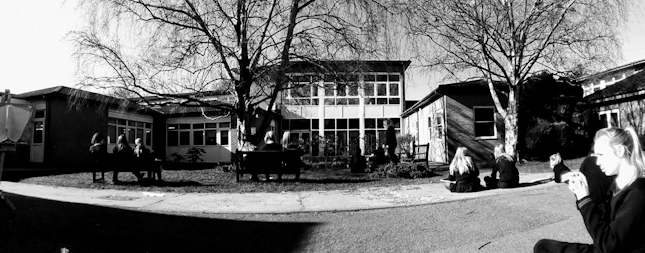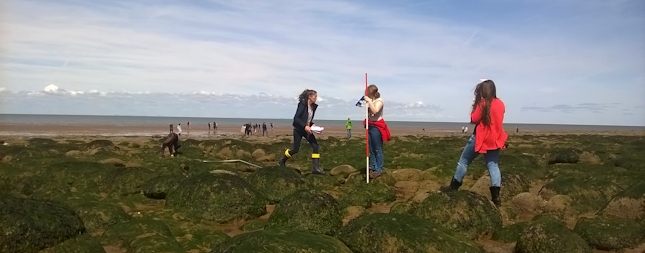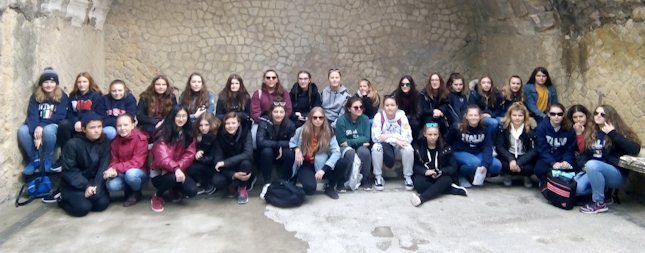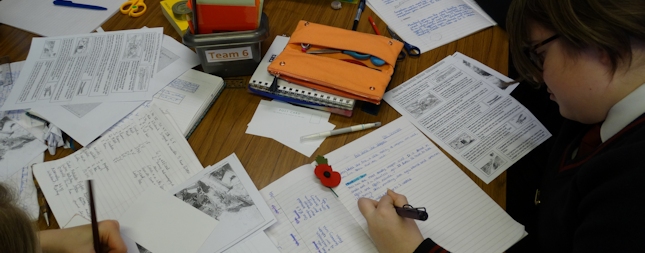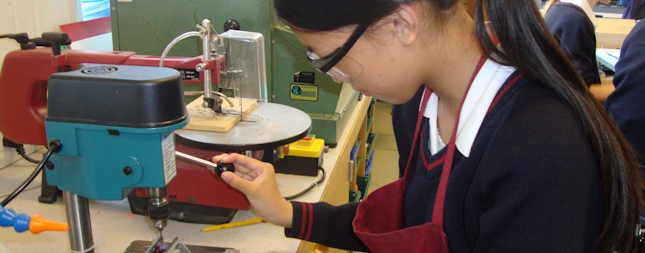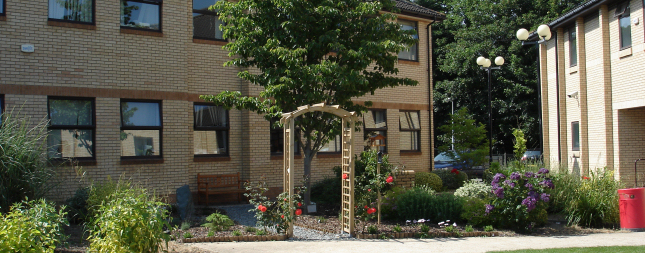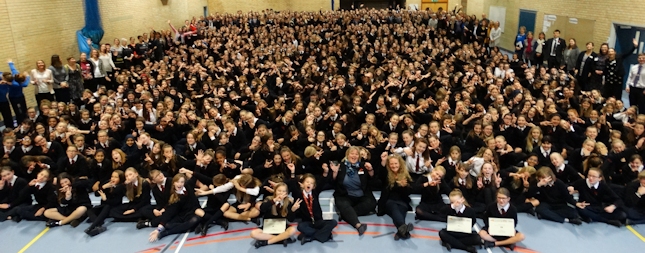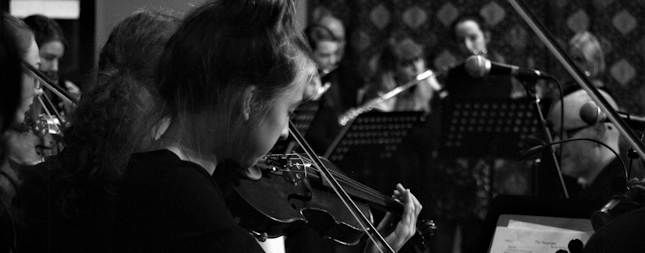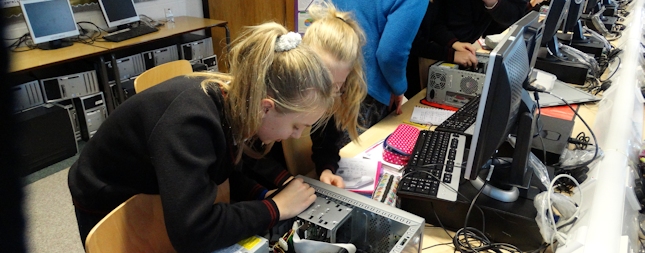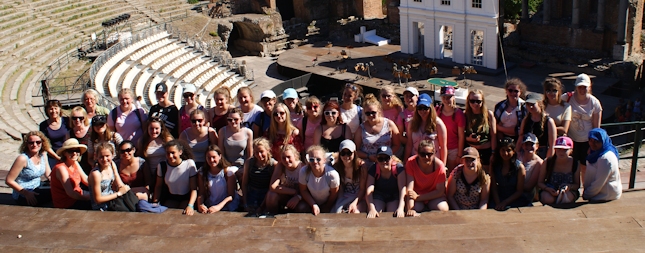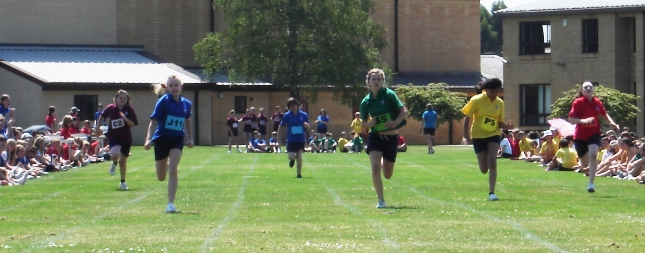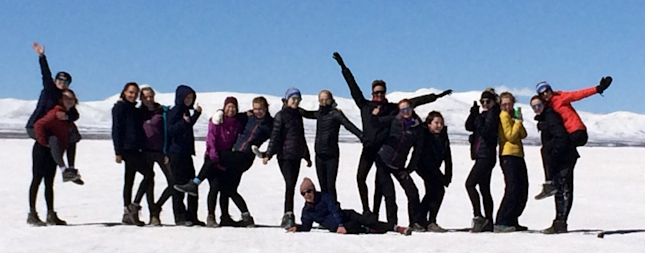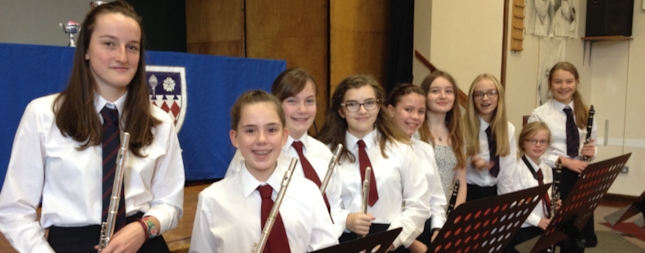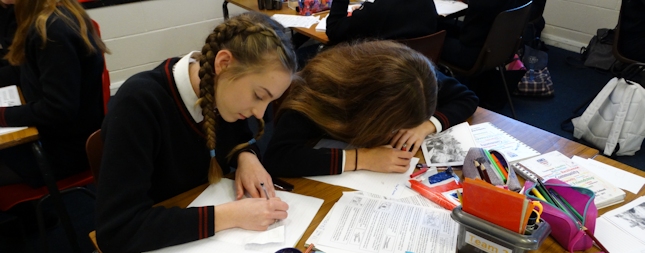Key Stage 3
Food and Nutrition is studied for 18 lessons over 12 weeks in Year 7 and Year 8.
Year 7
In Year 7 we focus on the following. It is taught through theory, practical and tastings. The Core Assessment Task has the food science focus of Gelatinising starches.
- The importance of excellent hygiene and safety of oneself, others and the cooking environment
- Weighing and measuring with accuracy
- Organoleptic sensory analysis of fruit
- Accurate knife skills
- Use of the oven and hob simultaneously
- The basic principles of the Eatwell guide and incorporating more vegetables and fruit into meals
- Analysing one’s own typical diet
- Nutritional analysis of the dishes we cook
Year 7 Recipes:
- Fresh Fruit Salad with citrus yoghurt and honeyed granola sprinkle.
- Stuffed peppers with a herb drizzle
- Roasted vegetable pasta bake
- Savoury scones
- Fresh soft cheese with added herbs
- Spicy potato wedges with Mexican bean salad
- Pate with rye soda bread
- Kashmiri Apple Pudding (Saeb Ki Kheer)
Year 8
In Year 8 we focus on the following. It is taught through theory, practical and tastings.
The Core Assessment Task has the food science focus of fermentation of biological raising agents.
- Healthy Eating and recipe adaptation to create an improved nutritional profile
- Understanding emulsifiers /immiscible liquids / chemical raising agents
- Writing effective timeplans for practical lessons
- Egg production methods in the UK – Red Lion stamp and RSPCA assured.
- Breadmaking and the function of ingredients, particularly Yeast and Flour
- Sauce making methods – reduction and starch thickened
- The method of rubbing in and ration of ingredients in shortcrust pastry
- Understanding unstable emulsions
- Handling high risk and highly perishable ingredients safely
Year 8 Recipes:
- Savoury muffins with a herb cream cheese topping
- Quiche with a green salad and vinaigrette
- Wholemeal bread rolls (ingredients provided by school)
- Salsa pomodoro
- Vegetable Pizza (from scratch) with fresh coleslaw
- Polpette with pasta
- Middle Eastern inspired fruit sponge pudding
Year 9
Food and Nutrition is studied for 27 lessons over 18 weeks
In Year 9 we focus on a higher level of demand in practical, in line with top band skills required for GCSE. It is taught through theory, practical and tastings.
The Core Assessment Task has the focus of meeting the nutritional requirements of teenagers. A meal to meet their needs is designed and made by each student.
- Classical pastry 1 - Flaky - mechanical raising agents’ air and steam in making and baking. Lamination technique and plasticity of fats
- Lamination technique and plasticity of fats
- Use of herbs and spices to give cultural influence to their products
- Seasonality of ingredients and using seasonal ingredients in recipes
- Classical Pastry 2 – Choux – Gelatinisation of starch, coagulation of protein, steam as a raising agent.
- Sauce making by the blended and all in one method. Eggs as a thickener in sauces.
- Diet, nutrition and health focus on obesity, type 2 diabetes, stroke and heart disease
- Modelling recipes to improve their profile
- Classical pastry 3 – Pate Brisee enriched shortcrust
- Nutritional analysis and evaluation of the Eatwell guide
- Healthier methods of cooking, frying vs baking
- Creative use of staple ingredients
- Use of pulses and legumes as protein sources
- Storing, handling and cooking raw meat / vegetarian alternatives.
- ‘lighter’ desserts through ingredient choice and ratio.
- Nutritional needs of teenagers and developing a meal to match these.
- Cooking in a Bain Marie
Year 9 Recipes
- Flaky pastry and then make into a product, eg Galettes, Millefeuille
- Choux pastry profiteroles
- Crème Pâtissier and Sauce Chocolate
- Empanada / Pierogi / Pasty
- Ragu Sauce
- White sauce Bechamel style
- Italian bean soup and focaccia bread
- Boulangère and Duchesse potatoes
- Lighter ‘New York style ‘baked Vanilla Cheesecake.
- ‘Lighter ‘Baked Yoghurt with Oranges (Bhapi Doi E Gooler Mishti)

